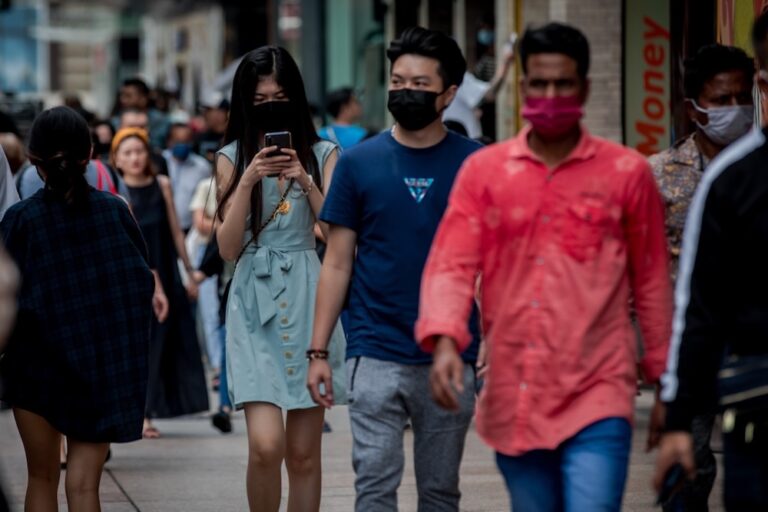TikTok and Malaysia's Minister of Communications and Digital are urged to uphold transparency and freedom of expression during their dialogue.
The Centre for Independent Journalism (CIJ) notes the statement made by the Minister of Communications and Digital, Fahmi Fadzil on the government’s intention to collaborate with TikTok to deter the spread of fake news and misinformation on their media platform and regulate ad placements on their e-commerce platform, TikTok Shop.
While it is important to address these issues to ensure that the public can critically deliberate and act on matters concerning them, it is vital that any policy implemented to solve said issues serves to uphold transparency and strengthen freedom of expression instead of stifling it.
In regards to the Minister’s statement on TikTok’s compliance with local laws being “unsatisfactory”, CIJ would like to stress that said local laws in actuality would require further amendments to ensure that they promote freedom of expression rather than act as censorship tools, given their current broad scope and arbitrary applications. It must be stressed that any restrictions to freedom of expression, including censorship of online content, must be in adherence to international principles of legitimacy, necessity and proportionality, as well as place the public’s interest over any political or business expediencies.
CIJ implores the government to ensure a multi-stakeholder approach is undertaken in determining the threshold and identification of alleged ‘fake news’. It is critical for the government to have such an oversight mechanism to ensure effective response and accountability. The government cannot be the sole arbiter of truth. Together, we can create an institutional mechanism that debunks false and misleading narratives, as well as preserve open and constructive discourse.
Policymakers must also prioritise and initiate more comprehensive media and digital literacy programmes to educate the public on the dangers of disinformation and promote a critical thinking society.
Further, in regards to the regulation of content on TikTok, CIJ encourages TikTok to abide by a few key principles.
Firstly, Tiktok must ensure its community standards and practices are centred on human rights and corporate accountability in line with the United Nations Guiding Principles on Business and Human Rights and other international human rights standards.
Next, Tiktok should invest adequate resources into timely content moderation and in responding to user complaints about removing harmful content on its platform. Both its automated and human moderation must be available in multiple languages and be able to contextualise and algorithmically demote harmful and dangerous content to ensure it does not become virulent prior to removal.
Lastly, to ensure transparency and greater accountability to the public, TikTok must publish its Transparency Reports in a regular and timely manner, and include data on all content moderation and removal related to harmful content, including disinformation and hate speech. The reports must also include data on the specificity of government requests for removal of content and for personal information of users, and the related responses by TikTok. There should also be more effective and accessible disclosure of TikTok’s algorithmic policies and practices in multiple languages so its users understand its related impact.
CIJ hopes with these recommendations, all stakeholders can come together to form a united front that seeks to uphold freedom of expression and form a community that can critically deliberate about national matters from an informed position.
13 October 2023
Wathshlah G. Naidu
CIJ Executive Director



